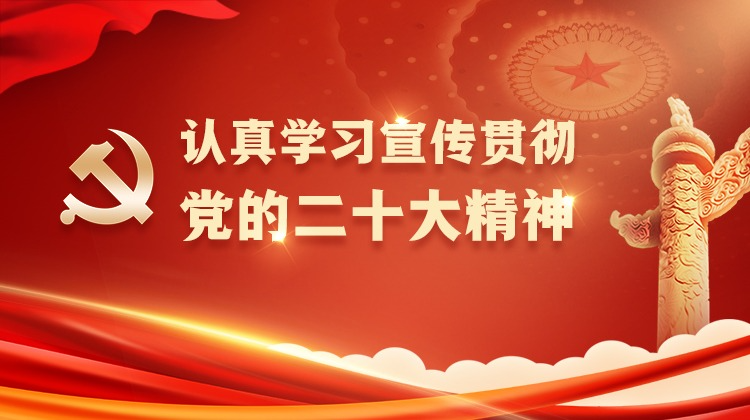
An aerial drone photo shows a view of the Tangshan Port in North China's Hebei province, Jan 13, 2025. [Photo/Xinhua]
Jeffrey Sachs, director of the Center for Sustainable Development at Columbia University, gave an exclusive interview to China Daily. The following is the full text of the interview:
Q1: How do you see Trump's decision to add an additional 10 percent tax on all Chinese goods will affect the China-US economy?
Jeffrey Sachs: Trump will pursue an aggressive trade policy vis-à-vis China for several reasons: to try to weaken China; to try to push China to accept US foreign policy demands; to try to get China to buy more US goods; to try to balance bilateral US-China trade; to try to raise revenues; to try to protect US companies; and to try to protect US workers.
The Trump policy will fail. Trump greatly overestimates the importance of the US market for China and so believes that the US has more policy leverage over China than it really does. China, in my view, will not be bullied by Trump. China will diversify its trade to the rest of the world, while the US will increasingly lose competitiveness of its own exports in third markets.
Q2: Will the additional tax exacerbate US' high inflation?
Jeffrey Sachs: The additional taxes will surely lower US living standards, partly through higher prices and partly through stagnant incomes.
Q3: It seems that Trump plans to target all countries with the tariff weapon. What's your view on such a strategy?
Jeffrey Sachs: The protectionism will fail and will increasingly isolate the US in the world economy and politics. There are few countries that will accept Trump's approach, even in Europe.
Q4: Will Trump's tariff weapon help make the US great again? What can we learn from the trade wars in history?
Jeffrey Sachs: The US will squander its leadership in global development, finance, and trade, and will lose competitiveness. China will play a larger global role, as will the BRICS. The Emerging and Developing Countries (EMDEs) in general should maintain open trade and finance. The coming years can be years of fast growth for the EMDEs, even if they are a period of slow growth for the US.
Q5: What China can do to mitigate the fallout of Trump's tariff policy and to stabilize its economic growth?
Jeffrey Sachs: China should diversify its exports, increase the Belt and Road program and its long-term lending (30-year loans) to other countries, encourage the internationalization of the Renminbi, encourage outward foreign direct investment by Chinese companies throughout Asia and Africa, and accept that the US market will not be a source of export growth for China in the coming years. China is well-placed to help the entire developing world to achieve rapid economic growth and to make the successful transformation to AI, digital connectivity, advanced robotics, and decarbonized energy systems. The US cannot stop that process or China's strong leadership role in it.
Q6: In your view, how will Trump's second term differ from its first term in China policy?
Jeffrey Sachs: It will probably be even more aggressive and volatile as the US goes into further decline. Yet this will be a very successful period for China, in my view. This will be the period of China's great internationalization of sustainable development leadership, the internationalization of the Renminbi, and the internationalization of China's technological supply chains. I believe that much of the developing world can achieve rapid development in the coming generation by leapfrogging technology and increasingly integrating in international trade and finance.







 新华报业网
新华报业网














 Android版
Android版
 iPhone版
iPhone版




